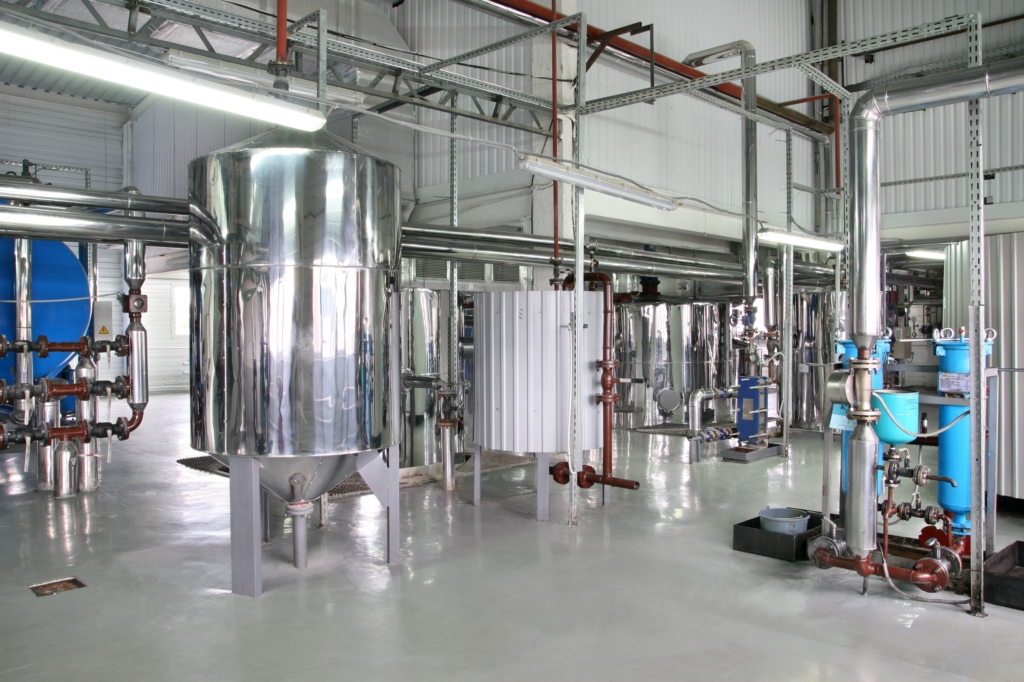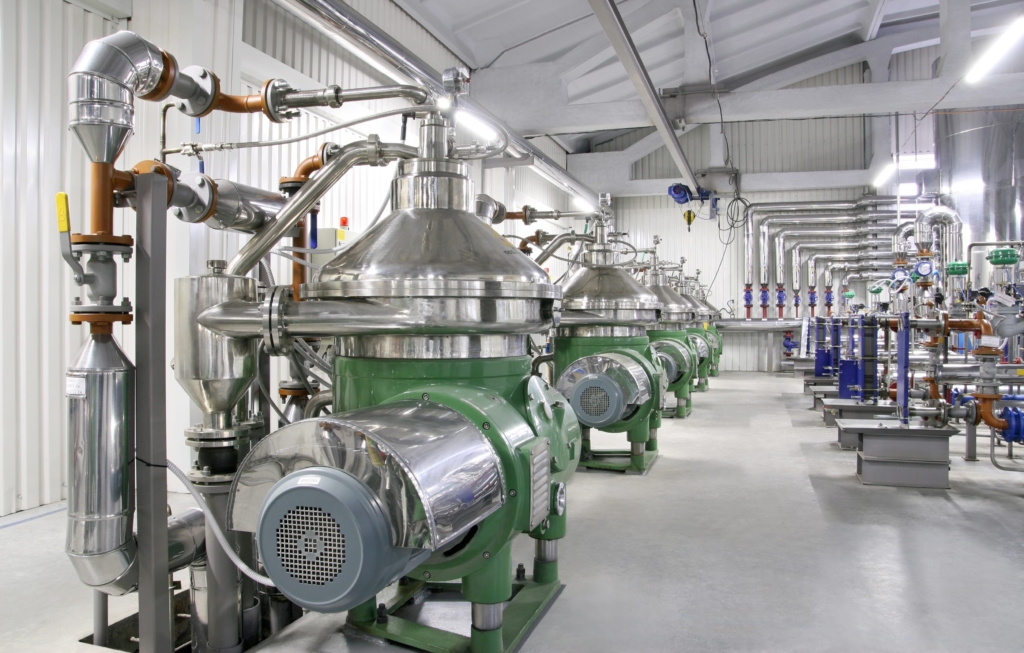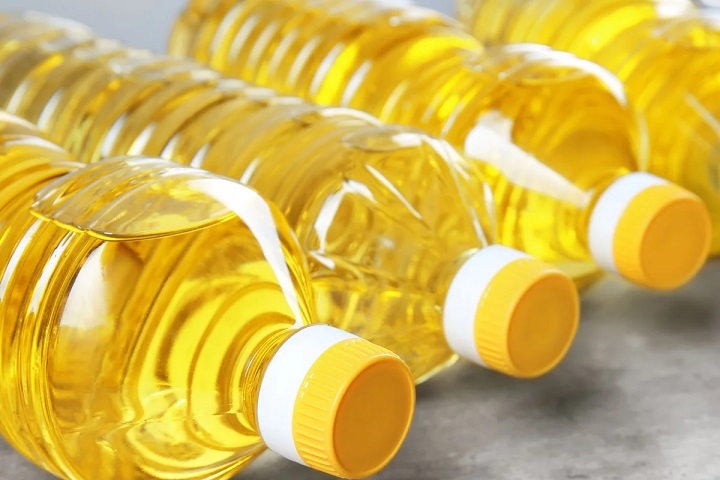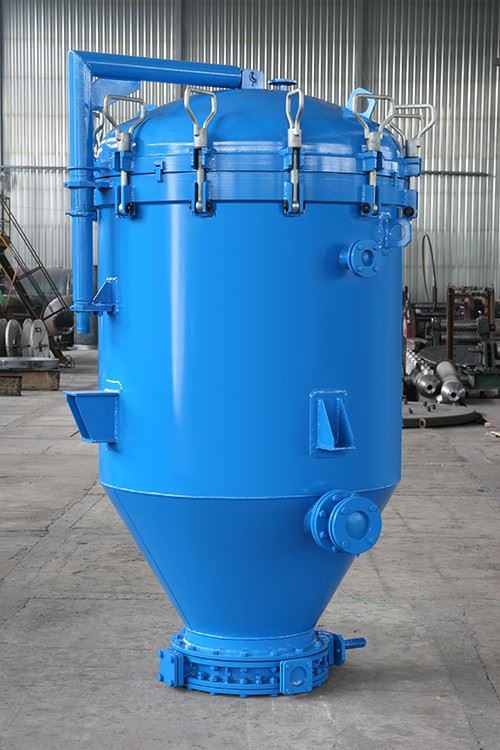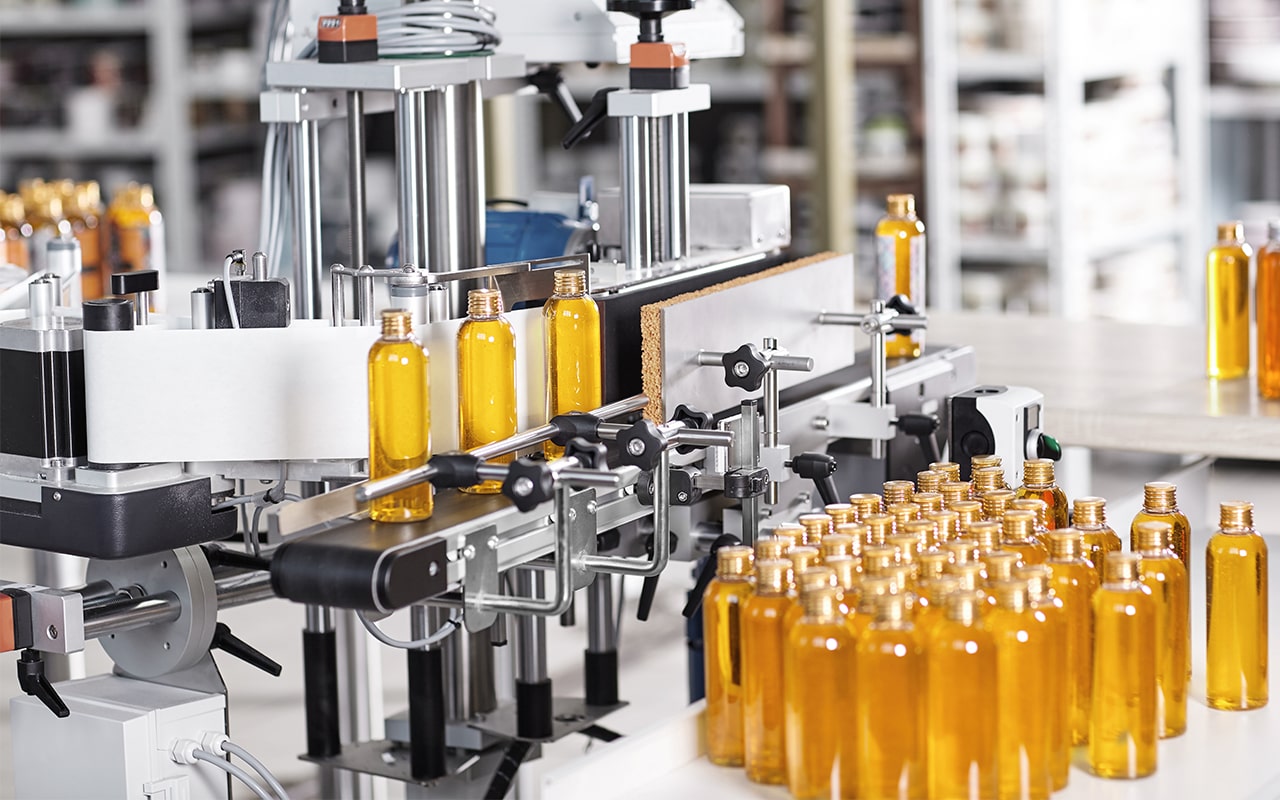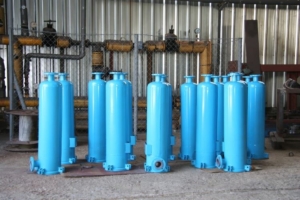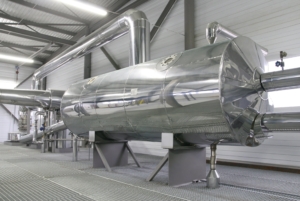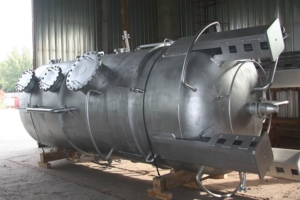What You Need to Know to Produce High-Quality Sunflower Oil
- 05.01.2023
- 7973
- Uncategorized, Соняшникова олія
Sunflower oil is a popular product consumed in various ways. The quality of the oil depends on many factors, with the primary one being the quality of the seeds. A large number of sunny days contributes to a high percentage of vegetable oil in the seeds. How can the yield of oil from sunflower seeds be calculated? The conditions of storage and other key factors also affect the yield of vegetable oil. The main characteristics of the seeds include oil content, moisture, and ripening period. The variety of sunflower also matters, making all stages of raw material preparation crucial: cultivation, harvesting, drying, and storage.
To extract oil from sunflower seeds, various processing technologies requiring different equipment are used. The choice of technology affects the quantity and quality of the final oil. Fatty acid re-esterification lines allow altering the physicochemical properties of vegetable oil. Let’s take a closer look at how sunflower oil is made.
How is Sunflower Oil Produced?
The technology for producing vegetable oil involves several stages of processing sunflower seeds. The production process of sunflower oil always starts with the preparation of the seeds. Regardless of subsequent actions, the raw material must be cleaned of husks and debris.
The optimal moisture content of the seeds sent for processing is 6%. Seeds that are too moist do not store well, so they are dried if necessary. During the oil production process, the raw material undergoes moisture-thermal treatment, so moisture can be regulated at different stages. Drying is carried out in special dryers. To prepare the seeds for pressing, several operations must be performed. The raw material is first cleaned by sieving (rotary or vibrating screens) and magnetic separation to remove impurities (stems, leaves, stones, metal pieces). The seeds are then crushed in roller mills before being sent to the pressing line. The subsequent processing of seeds into oil varies depending on the chosen production technology. How is unrefined sunflower oil made? Read on to find out.
Sunflower Oil Production Technology
There are two methods for producing sunflower oil from sunflower seed cake: pressing and solvent extraction.
Pressing is an environmentally friendly oil production technology, but the oil yield from the seeds is not as high as with extraction. It is extraction that allows obtaining up to 99% of the oil contained in the raw material.
How is sunflower oil made? The sunflower oil processing (pressing) process follows this scheme:
- The seed cake undergoes preliminary moisture-thermal treatment in roasters to increase oil yield. The processing temperature is 100-110°C.
- The heated cake is fed into a screw press for preliminary pressing. The amount of oil obtained largely depends on the temperature and quality of the cake. The amount of cake and pressing time are also significant.
- The cake (solid part) after pressing is reheated in the roaster and sent for final pressing in the expeller.
- Hot-pressed sunflower oil has a more intense color and a characteristic taste of roasted seeds. In cold pressing, the cake is not heated in the roaster; the oil is lighter and retains more antioxidants, vitamins, and lecithin.
- The oil obtained by pressing is settled and filtered. It undergoes only mechanical purification, hence it is called raw. This gives it higher nutritional value, but it is not suitable for thermal processing or cooking.
Extraction is another method of vegetable oil production. This oil production technology allows obtaining the maximum amount of product contained in the seeds. For this, the cake after pressing is fed into extractors, where it is mixed with solvents: gasoline grades A, B, hexane, or naphtha. In the extractor, the cake with oil content and the solvent mix, the solvent washes out the oil, forming miscella. The solid part remaining is meal. Subsequently, the solvent is removed from the miscella by distillation.
Industrial Sunflower Oil Production
How is oil extracted from seeds? Vegetable oil production enterprises carry out all production processes on technological lines. Unrefined oil is produced by mechanical pressing and then sent to the purification line. It undergoes only primary mechanical impurity removal. The shelf life of such a product is shorter than that of refined oil.
Refined oil not only has a longer shelf life but also lacks taste and smell.
How is odorless sunflower oil made? The production process of refined sunflower oil consists of several purification stages:
- Hydration and neutralization. At this stage, protein, phosphorus-containing substances, and hydrophilic impurities are removed. Free fatty acids and soap are neutralized. Hydration produces a phosphatide emulsion, from which a phosphatide concentrate can be obtained during subsequent processing on a phosphatide drying line. The concentrate is used in the food, feed, pharmaceutical, and cosmetic industries.
- Bleaching or adsorption treatment is necessary to remove peroxide compounds and phosphorus-containing residues. The oil acquires the desired color (usually light yellow).
- Winterization or freezing. Wax-like substances in the vegetable oil crystallize and are filtered out as crystals.
- Deodorization. At this stage, odorous substances responsible for taste and smell are removed. The oil is exposed to steam at high temperatures.
Refined oil is better suited for frying. When heated, it does not form carcinogens or develop an unpleasant taste.
Uses of Sunflower Oil
Sunflower oil is highly valued for its versatility. Due to its composition (fats, vitamins, minerals, fatty acids, and other beneficial substances), it is used in cooking, mayonnaise production, salad dressings, and margarine. However, only refined sunflower oil should be heated to high temperatures, as other types may form carcinogenic substances.
In industry, sunflower oil is used in oil paints, soap production, and varnishes. It can also be used as a preservative in textile production and leather processing. Pure sunflower oil can also be used as fuel, though its fuel qualities are still under research. Refined oil is also found in lubricants and plasticizers.
Pharmaceutical companies use sunflower oil as a filler for soft gelatin capsules. It is also used in the production of creams and ointments and can replace olive and peanut oil in medical products.
Many factors affect the quality of the oil, from the degree of sunflower ripening and harvesting to raw material processing technologies and oil production methods.


